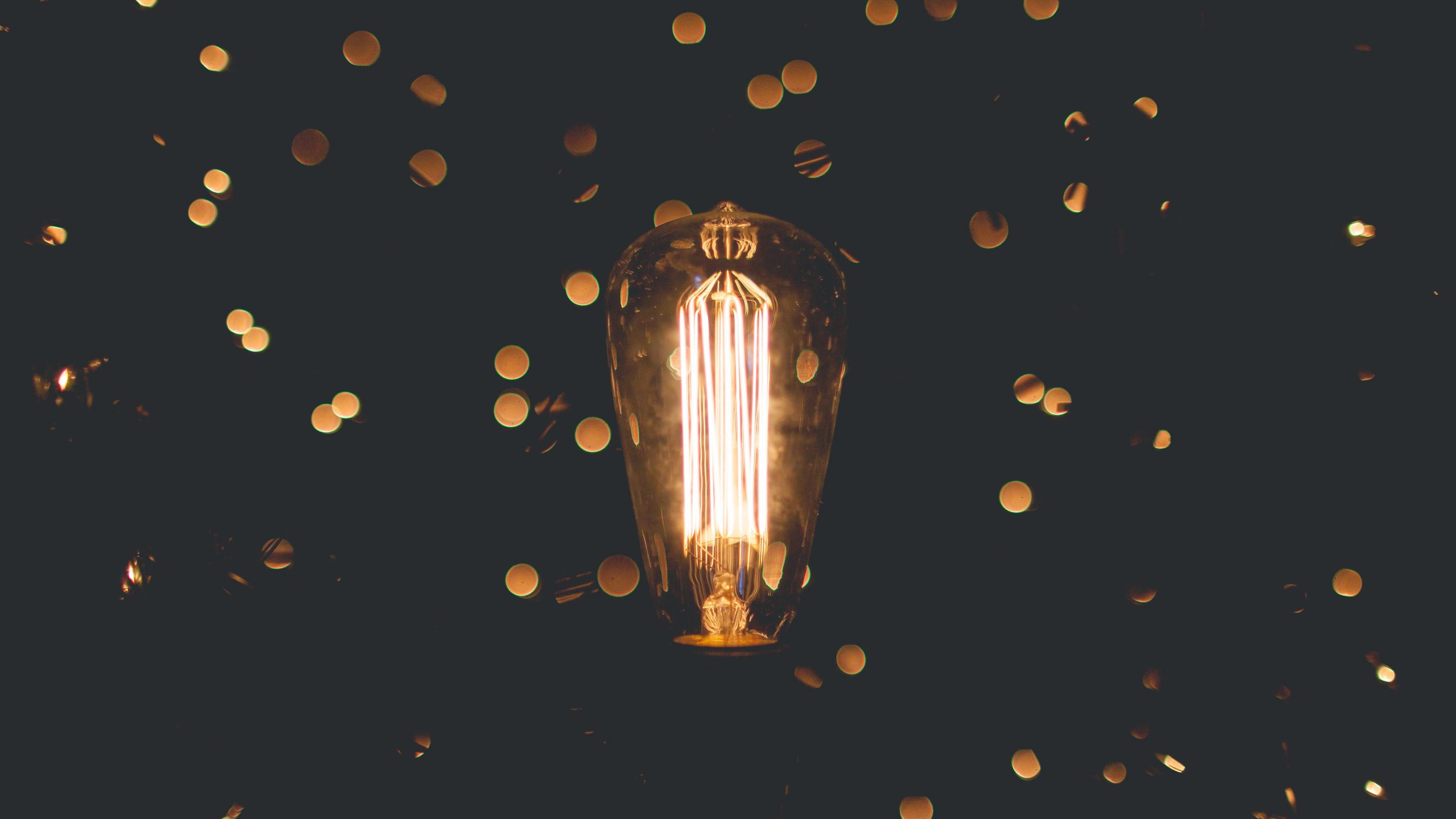When it comes to a solar panel system that operates at peak efficiency, every component must be top-notch. In this latest blog post, we're diving deep into inverters—your ultimate guide to picking the perfect solar panel inverter for your setup. Let's start with the basics. To find the best solar panel inverter, it helps to understand what it does. Simply put, a solar inverter converts direct current (DC) electricity from your solar panels into alternating current (AC), which is what powers your home appliances and electrical systems. Without this conversion, your solar energy wouldn't be usable in your daily life. So, the inverter plays a critical role in making your solar energy practical and efficient. A high-quality solar inverter is a vital part of your solar panel system. Here's what it does: Here's a quick overview of the process: Now that you understand what a solar inverter is and how it functions, let's explore the various types available on the market today. There are several types of solar inverters to choose from. Let's break down the three most common options: string inverters, microinverters, and optimized inverter systems. String inverters have been around for decades. They work by grouping solar panels together into "strings," which are then connected to a single inverter. This inverter converts DC electricity from the panels into AC electricity for household use. Pros: Cons: Microinverters are gaining popularity, especially for residential solar setups. Each solar panel gets its own microinverter, which converts DC to AC directly on the roof. Pros: Cons: Another option is an optimized inverter system, which combines string inverters with power optimizers. Power optimizers are installed on each panel, ensuring maximum energy output while still using a central inverter. Similar to microinverters, power optimizers allow for individual panel monitoring. However, instead of converting DC to AC at the panel level, they send the DC electricity to a central inverter for final conversion. The energy output of your solar inverter is another crucial factor to consider. Most inverters produce one of three types of energy: Now that you understand the basics, it's time to choose the best solar panel inverter for your needs. There isn't a one-size-fits-all solution, as inverters come in various types, brands, sizes, and models. Consulting an expert can be helpful, but here are some key considerations to keep in mind: Safety Certification Ensure your chosen inverter has been independently tested and certified. Safety should always be your top priority. Budget Your budget will influence your choice. While affordability is important, don't overlook efficiency, longevity, and your specific requirements. Our knowledgeable team can assist you in finding the perfect balance. Size Capacity Knowing your energy generation goals is essential. Investing in an inverter slightly larger than your current needs can provide a buffer against system losses, ensuring optimal energy collection. Efficiency Efficiency is measured by the ratio of output power to input power. While perfection is unattainable, higher efficiency means better performance and lower costs over time. Warranty and Service Reputable inverters can last up to 20 years with minimal maintenance. A solid warranty and excellent customer service are essential in case anything goes wrong. Choosing a reliable company offering these guarantees is crucial. Expandability If you plan to expand your solar panel system in the future, consider an inverter with expandability features. Maximum power point tracking inverters are ideal for such scenarios. Finding the best solar panel inverter might feel daunting, but it's an investment worth making. A great inverter ensures you fully benefit from your solar panels. As always, our team is here to answer any questions or address concerns about your solar panel system. Engineering Tire Curing Bladders(OTR) Engineering Tire Curing Bladders(Otr),Engineering Tire Curing Bladders,Engineering Tire Curing Bladder,Tyre Curing Bladder Jiangsu Junfeng New Material Co., Ltd. , https://www.junfengtirebladder.com
Understanding Solar Panel Inverters
The Role of a Solar Panel Inverter
How Does a Solar Inverter Work?
Types of Solar Panel Inverters
String Inverters
Microinverters
Optimized Inverter Systems
Solar Inverter Energy Output
Selecting the Right Solar Panel Inverter